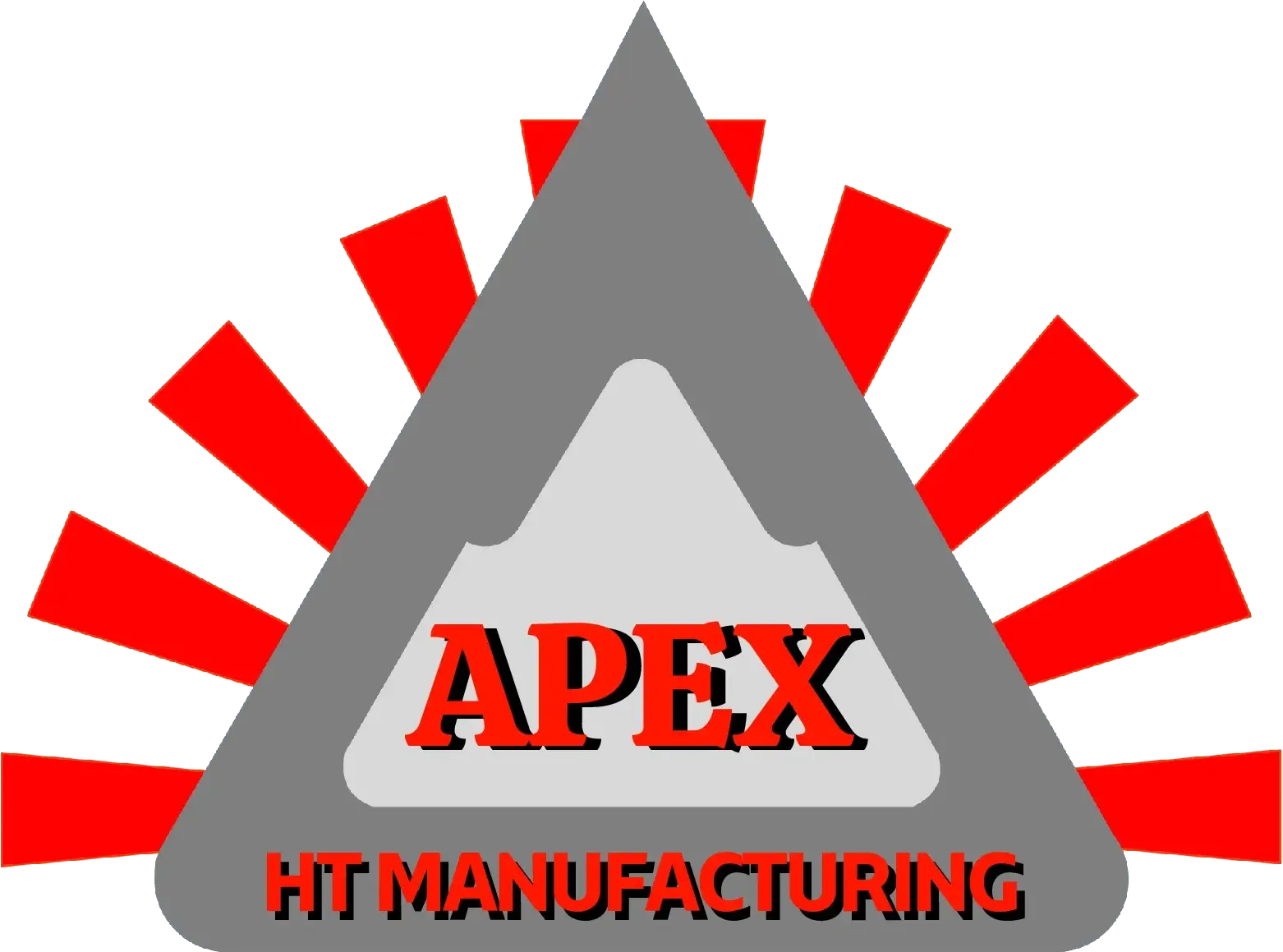Complex Part Machining: Precision Engineering for Advanced Manufacturing
In the world of manufacturing, not all parts are created equal. Some components demand a higher level of precision, intricacy, and technical skill to produce—these are the complex parts. Complex part machining is a specialized area of CNC (Computer Numerical Control) machining focused on fabricating parts with intricate geometries, tight tolerances, and challenging materials. This capability plays a critical role in industries like aerospace, medical devices, automotive, and electronics, where quality and precision are non-negotiable.
What is Complex Part Machining?
Complex part machining involves the production of components that feature sophisticated designs, including multiple curves, deep cavities, undercuts, fine details, and complicated internal structures. These parts often cannot be produced with standard machining methods alone and require advanced multi-axis CNC machines and skilled operators.
Unlike simpler components, complex parts require detailed planning, programming, and sometimes the use of special tooling and machining strategies. The goal is to create parts that fit exact specifications and perform reliably in their applications.
Why is Complex Part Machining Important?
Modern engineering demands components that are lightweight yet strong, compact yet functional, and reliable under extreme conditions. Complex part machining enables manufacturers to meet these demands by:
- Enhancing Product Performance: Complex geometries often improve the functionality and efficiency of a product. For example, aerospace components with aerodynamic shapes reduce drag and improve fuel efficiency.
- Reducing Assembly Time: Producing complex parts as a single piece reduces the need for assembly, minimizing errors and saving time.
- Facilitating Innovation: The ability to machine intricate parts allows designers and engineers to push boundaries and develop next-generation products.
Challenges in Complex Part Machining
Machining complex parts is not without its challenges:
- Precision Requirements: Achieving tight tolerances requires highly accurate machines and meticulous quality control.
- Material Hardness: Complex parts are often made from difficult materials like titanium, Inconel, or hardened steels that can wear down tools quickly.
- Tooling and Programming: Designing custom tools and programming multi-axis CNC machines demands advanced expertise.
- Longer Setup and Production Time: Due to complexity, setup and machining can take significantly longer than standard parts.
Technologies That Enable Complex Part Machining
Advances in CNC technology have revolutionized complex part machining. Multi-axis CNC machines—such as 5-axis mills—can manipulate tools and workpieces from multiple angles, accessing hard-to-reach features without repositioning the part multiple times. This not only increases accuracy but also reduces production time.
Additionally, CAD/CAM software helps engineers design parts and generate precise tool paths for machining, reducing errors and optimizing processes.
Benefits of Complex Part Machining
- High Precision and Consistency: Complex CNC machining can achieve micron-level tolerances, essential for high-performance applications.
- Versatility: Ability to machine a wide range of materials and complex shapes.
- Cost Efficiency for Prototypes and Production: While more expensive than simple parts, complex machining eliminates the need for multiple components or secondary processes, ultimately saving costs.
- Quality Assurance: Advanced inspection techniques, like CMM (Coordinate Measuring Machines), ensure every part meets specifications.
Applications Across Industries
- Aerospace: Engine components, structural parts, and custom fittings.
- Medical: Surgical instruments, implants, and diagnostic equipment.
- Automotive: Transmission components, engine parts, and performance accessories.
- Electronics: Housings, connectors, and heat dissipation components.
Conclusion
Complex part machining is a cornerstone of modern manufacturing, enabling the creation of parts that are essential for advanced products in critical industries. By leveraging the latest CNC technologies and expert craftsmanship, manufacturers can produce components with unmatched precision, helping businesses innovate and compete globally.
If your project involves challenging geometries or demanding tolerances, partnering with a specialized complex part machining provider can make all the difference in quality, delivery, and performance.
